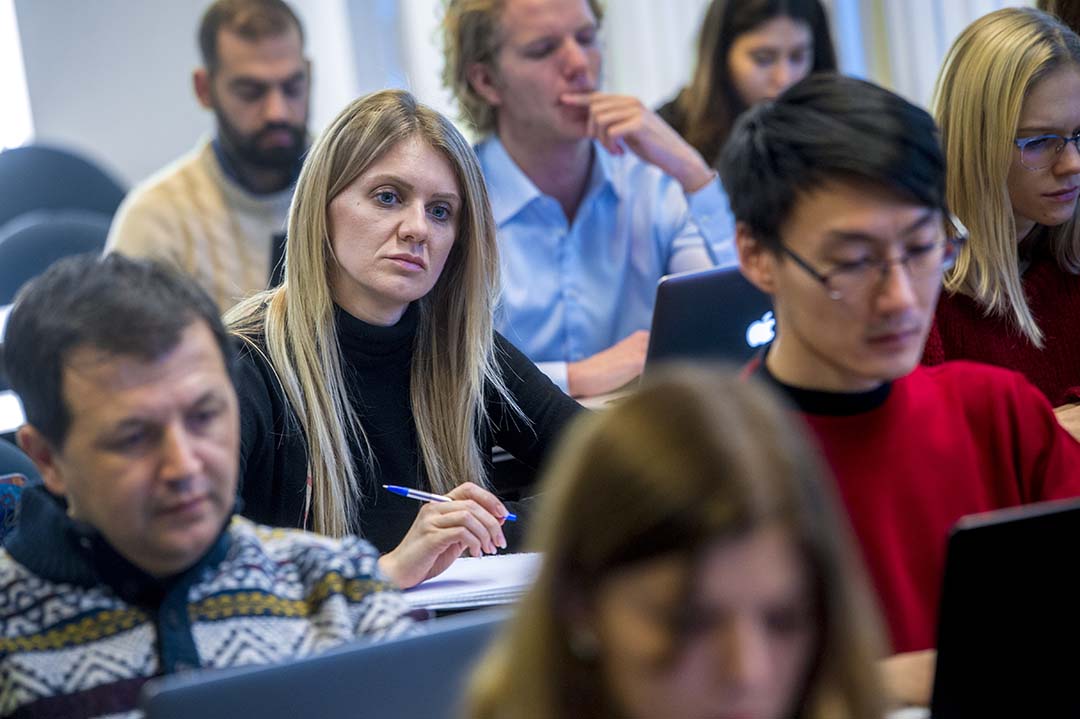Teaching

TRADITIONAL COURSES
- European Immigration Policy (6 ECTS)
This course is taught as part of the Advanced Master in European Integration programme. It examines EU policy in the field of migration and asylum. The EU policy field of migration is highly salient and sovereignty sensitive. Admission of non-citizens to the state territory used to lie at the heart of national sovereignty. Over the past 25 years, EU integration has changed this relation significantly. Borders were dismantled and free movement for EU citizens was established. Member States started co-operating on admission conditions for third country nationals, migrants as well as asylum seekers. EU member states also created the general Area of Freedom, Security and Justice with the Schengen area as an integral part of this new concept, as well as establishing the Dublin system at the heart of the Common European Asylum System. However, the recent ‘refugee crisis’ has shown that the implementation of the Schengen and Dublin agreements, the Common European Asylum System, the common immigration policies is far from consolidated. The EU and its Member States still struggle to balance competencies, functions and effectiveness of those policies. The very future of the EU integration project seems to depend on the question whether legitimate and effective cooperation can be established.
Explanations for the why and how of cooperation in this policy area cover essential questions of European studies. The policy field will be approached from a different angles, looking at institutional dynamics of decision making, the legal and policy implications and the impact of EU policies on national policies and politics.
- Institutions and Governance of the EU (6 ECTS)
This course is taught as part of the Political Science Master programme of the Vrije Universiteit Brussel. It seeks to enhance the skills of Master students to analyse and understand some of the most important challenges the EU has faced in recent years, from the economic and financial crisis, the Covid-19 pandemic, to the rising number of migrants and refugees coming to Europe. The course will discuss these and other issues from theoretical perspectives on European integration and governance. A particular emphasis will be placed on the role of the different EU institutions in addressing the EU’s current challenges.
The objectives of the course are as follows:
- The students understand the challenges - and the resilience - of today’s European integration process;
- The students learn up-to-date theoretical debates on European integration and governance;
- The students grasp the dynamics of EU decision-making and the role of EU institutions in core fields of EU public policy.
- High Level Lecture Series of European and World Politics’ (6 ECTS)
This course is also taught as part of the Political Science Master programme of the Vrije Universiteit Brussel. In this High-Level Lecture Series, senior politicians and officials will share their knowledge and insights on International Relations and European Politics. By inviting well-known policy-makers to discuss topical issues, the course will fully capitalize from the VUB’s embedment in Brussels, a city hosting NATO and EU institutions as well as the largest number of embassies and international journalists in the world. Students will get the possibilities to engage in the debate and directly challenge the choices of policy-makers. Students will receive a tailor-made preparation program for the different guest lectures
The objectives of the course are as follows:
- to grasp some of the most pertinent issues in European and World Politics
- understand the choices of policy-makers when facing time pressures and emergency situations
- think critically about the European integration process and International Relations
ONLINE AND BLENDED-LEARNING COURSES
- EU Justice and Home Affairs (4 ECTS)
ONLINE AND BLENDED-LEARNING COURSES
- Terrorism and Counter-terrorism in Europe (4 ECTS)
